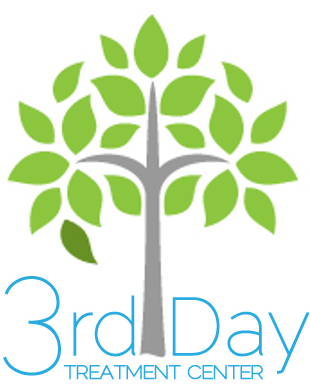Individual Counseling
The goals of this program include empowering individuals to live full, self-directed lives through:
Educating and assisting the client and family as to methods for improving individual and familial relationships.
Assisting the individual in returning to the work environment. The program allows each individual a forum to discuss and receive support, while coping with daily work stressors.
Building a sober-support network. Clients are supported in solidifying their sober social support network. Requirements of the outpatient program are that the individual attend 12-step recovery meetings, obtain a sponsor, and be active in working the 12 steps.
Relapse Prevention Skills.
Continuum of Care Services. Clients are monitored as to their follow-ups with other professional services, such as meeting with a therapist or physician.
Appropriate Referrals
Brief Therapy
Individual Counseling is employed for all clients. The approach is usually intensive, brief, problem specific, with short-term goals such as resolving a problem, making a decision, carrying out a procrastinated act, or reducing the effects of a symptom. It focuses on reducing or stopping illicit drug or alcohol use relating to family, social, or employment issues.
Life Skills
This subject covers topics including identifying personal triggers, developing strategies to avoid triggers, identifying personal relapse dynamics and improving and utilizing sober support systems, stress management, coping skills, anxiety, anger, self-esteem, and communication. Individuals will be given homework assignments as well as group assignments to improve the ability to deal with situations with high relapse potential.
Spirituality
Spirituality deals with spiritual issues, which contribute to emotional well-being and a life free of substance dependency.
Family Sessions
The Family Sessions are designed to assist family members and clients in reorienting and restructuring relationship systems. This component involves family members in the counseling sessions. These sessions are supportive experiences providing opportunities to share and question aspects of the client’s care relative to family interaction and/or intervention of the client’s illness.
The goal of the Family Session is to provide the family with opportunities to increase understanding and knowledge regarding substance dependency, and to be assisted in enhancement of client and family stress management, communication, problem solving and leisure time skills. Our clients and family members are strongly encouraged to actively participate in these critical groups.
DOT-SAP Return to Duty Process
The DOT Return to Duty Process is required when a DOT regulated safety sensitive employee has a violation on a DOT mandated drug and/or alcohol test. Once the violation occurs, the employee is to be removed from his safety sensitive duties and referred to a DOT qualified SAP (Substance Abuse Professional). DOT requires that before the employee can be considered for returning to a DOT Safety Sensitive position, the employee must successfully complete a DOT Return to Duty process with a qualified SAP (Substance Abuse Professional).
As a DOT Qualified SAP, I am listed with : www.saplist.com.
For more information, you can reach me at the number list here in our website.
DOT Supervisor Reasonable Suspicion Training
DOT regulated employers must comply with 49 CFR Part 40 and applicable DOT Agency regulations. One requirement is the 2 hour Reasonable Suspicion Training for Supervisors. We provide this for Supervisors, DER’s (Designated Employee Representatives) and other employees when employers would like them to participate in this training.
